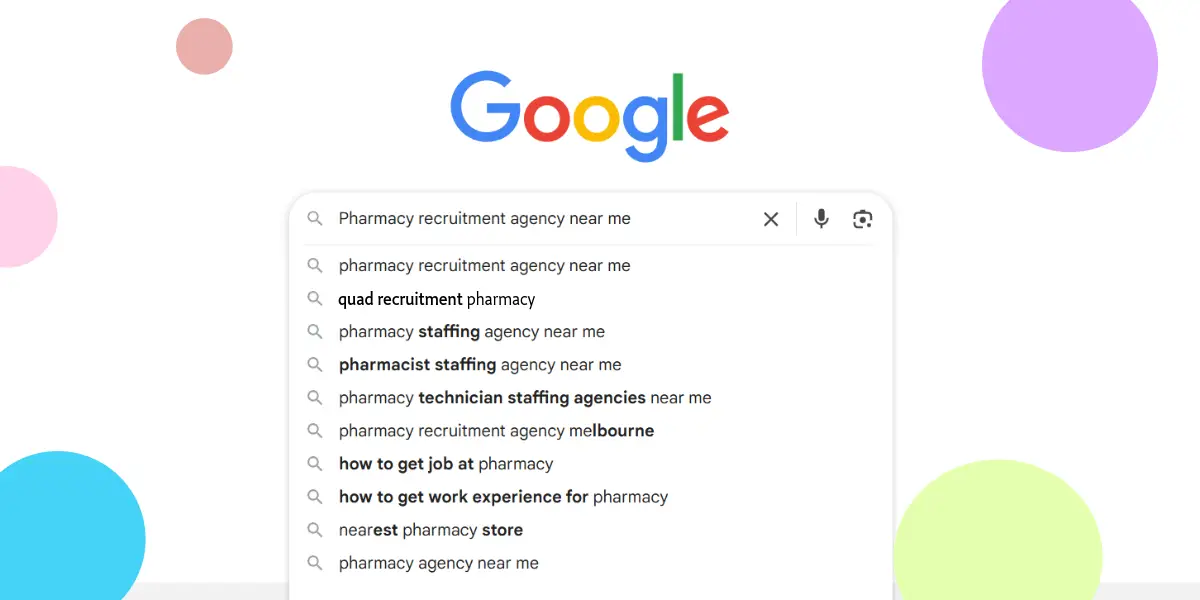
You’ve done it. All those years of lectures, placements, revision and assessments have...

You’ve done it. All those years of lectures, placements, revision and assessments have...

If you're typing "pharmacist recruiter near me" into Google, or you're tro...

It’s not just the beautiful landscapes and cultural heritage that Scotland has to offer — it...



You’re about to receive your GPhC PIN and step into the pharmacy world. But what does ...